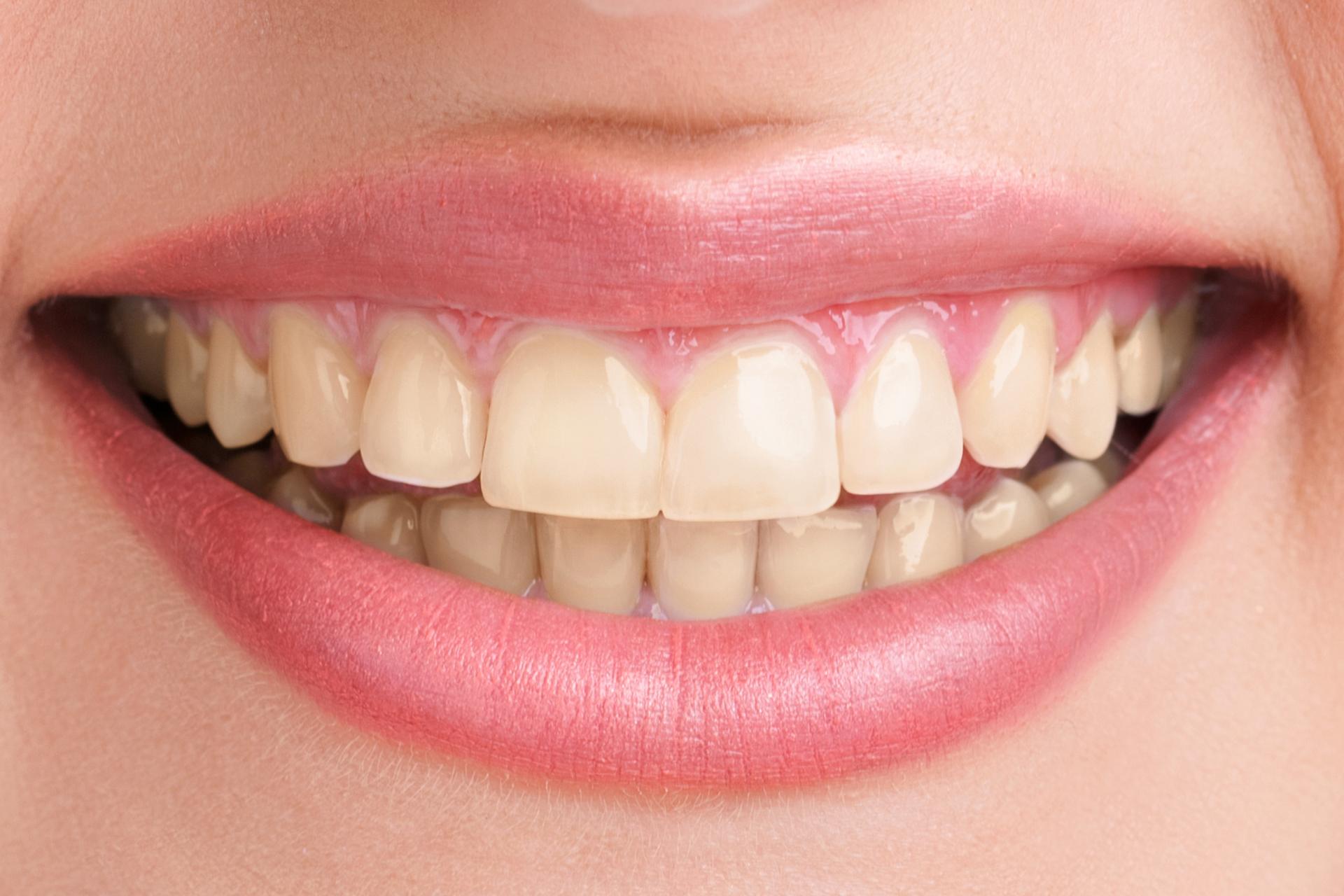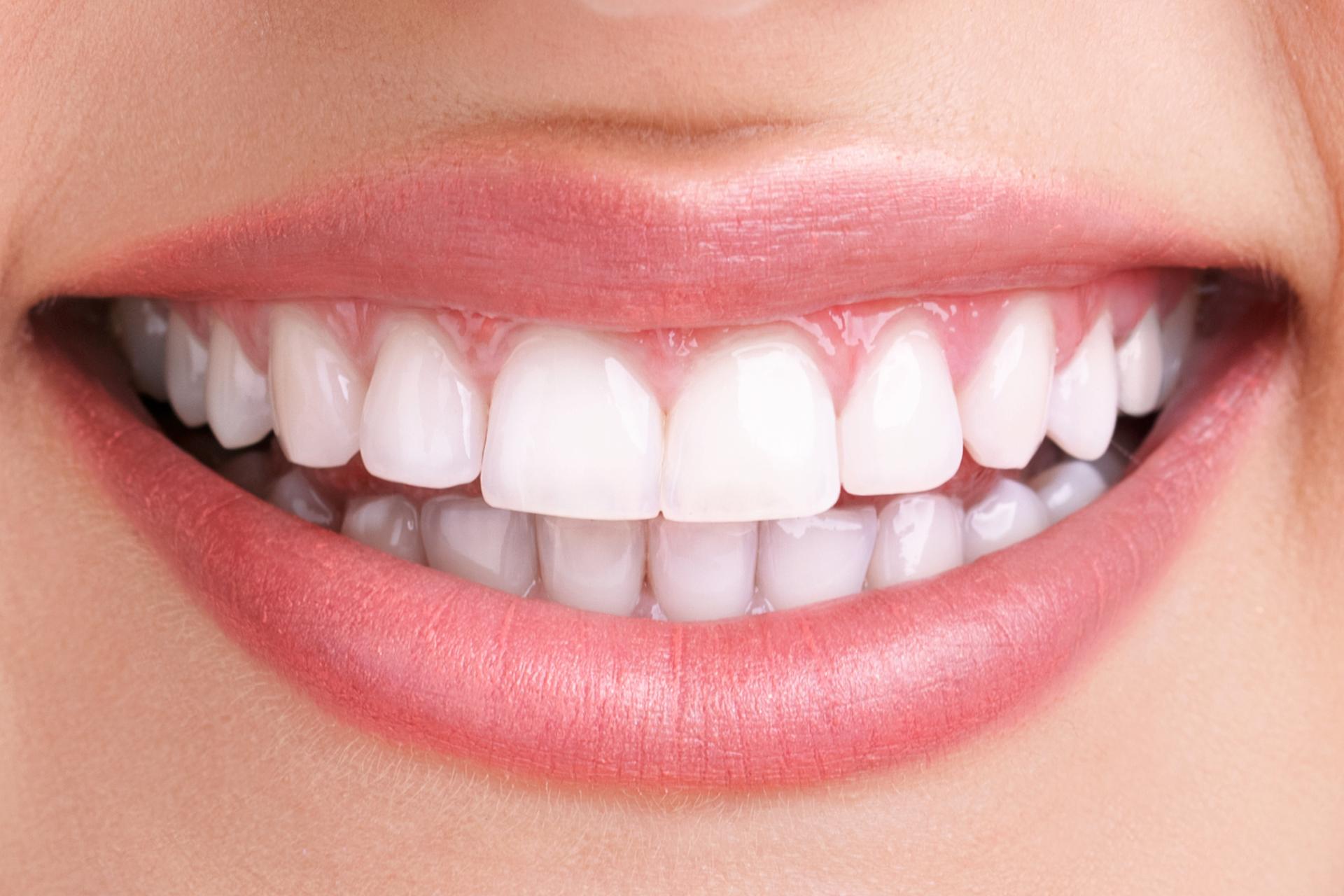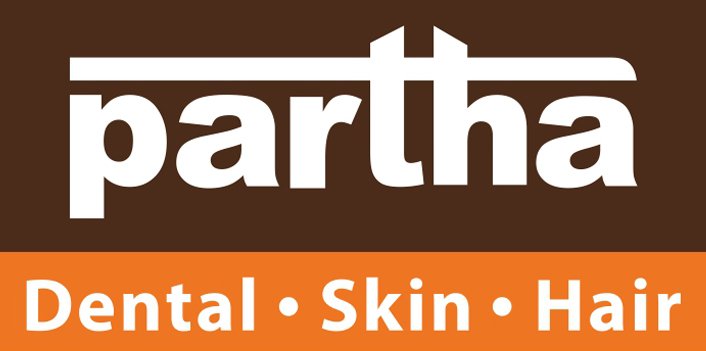This is process of brightening your yellowish teeth into better white with the help of teeth whitening gels with the professional help. Lasers are also used to achieve these results.
What is teeth whitening?
Teeth whitening is a cosmetic dental procedure that aims to lighten the color of teeth and remove stains and discoloration.
Some of the most common methods for whitening teeth include bleaching with hydrogen peroxide or carbamide peroxide and using abrasive materials to remove surface stains. It is important to note that teeth whitening is not permanent and may require touch-ups or maintenance over time. It is also important to consult with a dental professional before undergoing any teeth whitening treatment.


Patients Teeth Before & After Teeth Whitening
Who needs teeth whitening?
- Smoking, excess consumption of coffee, strong tea, red wine, and products containing strong dyes all cause the enamel to darken. Unwanted pigmentation accumulates and changes the color of teeth, even those that are perfectly healthy. Bleaching aids in dealing with this issue.
- A desire for white teeth.
- Mild to moderate fluorosis.
- Age-related changes.
- Certain medical treatments can also cause tooth staining.
Contraindications:
- Pregnant and lactating women.
- Children.
- Hypersensitive teeth.
Procedure:
- First, we will remove the film that has formed on your enamel as a result of the food you eat or other substances.
- Following this, the bleaching procedure begins. The entire procedure takes between 30-90 minutes, depending on the severity of the stains on the teeth.
- We will cover the gums before applying the bleaching agent to the teeth. Some bleaching agents necessitate the use of laser lights, and if your teeth are severely stained, we may advise you to continue the process at home for a few days.
Types of teeth whitening:
- In-office bleaching: It is the effective teeth whitening procedure, done under the monitoring of the dentist. They can change the color of your teeth faster than at-home methods.
- At-home bleaching: The procedure is done at home by the patient. The dentist gives you a set of trays to whiten your teeth. The results are not instant.
Post care after teeth whitening:
- Avoid drinking strongly colored beverages after your whitening treatment.
- Don’t eat foods that stain.
- It is advised to stop smoking and/or chewing not only for health reasons, but also to keep your teeth pearly white.
- Avoid coloured dental hygiene products.
Frequently Asked Questions
Answer: Yes, with professional bleaching treatments, most stains can be easily removed from the teeth.
Answer: Professional (in-office) teeth bleaching are the quickest and most effective option. The procedure only takes an hour and can whiten your teeth two to eight shades lighter, with results lasting up to five years.
Answer: Whitening your teeth is considered safe as long as you use dentist-approved methods.
Answer: If you practice good oral hygiene, the in-office procedures should last for 1 to 5 years.
Answer: Teeth bleaching has no risks; however, some people may experience sensitivity for a few days or mild gum irritation for a few days.
Answer: Brushing teeth right after a teeth bleaching treatment is not advised by dentists. Individuals must allow a few hours to pass before brushing their teeth for the first time after treatment.
Answer: The cost of teeth bleaching might vary greatly depending on the product and technique used. In addition, it also depends on the condition of your teeth. The dentists at Partha Dental would be able to give you an estimate after a complete evaluation of your teeth and smile.
Answer: Most people only require one teeth bleaching treatment session, though the bleaching substance may be applied numerous times.



